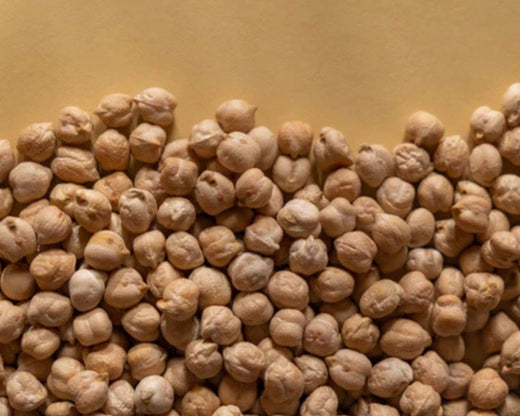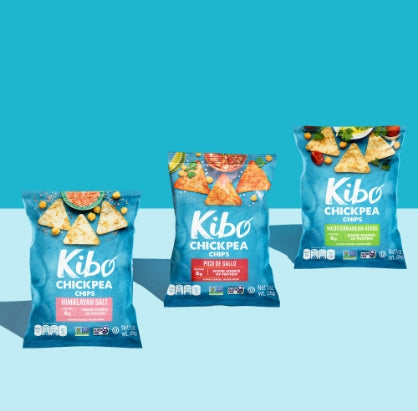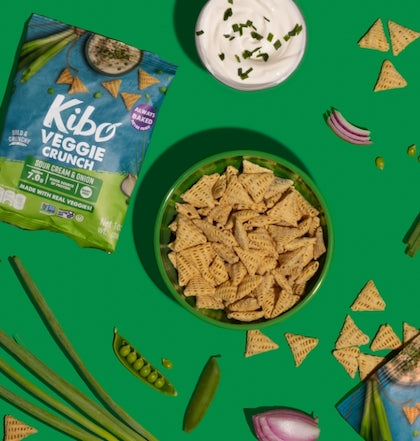Lentils are loved the world over for their versatility, affordability, and high protein content. They’re great in a pinch—canned lentils come already cooked and make for a cost effective ingredient if you’re looking to add more protein to a salad—and dried lentils are a nutritious addition to soups, stews, and curries. While ease of preparation is a huge part of their appeal, lentils also offer innumerable health benefits. Whether you’re in search of a meat replacement or just a delicious and viable source of plant-based protein, read on to learn all about the health benefits of lentils.
Lentils 101
First off, what are they? Lentils are a vegetable, and they’re also considered a protein. More specifically, they’re a tiny, lens-shaped seed in the legume family—think a seed that grows in pods, like chickpeas, peas, peanuts and broad beans.
An ancient crop, these little seeds were first domesticated in the Fertile Crescent prior to 11,000 B.C. Though most prominent in traditional Middle Eastern and Indian cuisines, lentils are featured in different dishes all over the world.
Are lentils a good source of plant-based protein? Absolutely: One cup of boiled lentils is roughly equivalent to 18-20 grams of protein, which is why they’re increasingly used as meat substitutes by those who are looking for a more sustainable diet.
But even before sustainable consumption was such a huge topic, lentils’ nutritional profile and ability to soak up flavors made them star players in dishes like mujadara and daal. The most common types of lentils are brown, green, red, black, and French (or lentilles du Puy). And while there might be slight variations in their nutritional value, every variety of lentil provides a number of health benefits.
6 health benefits of lentils
Whether it’s lentils’ role in heart health, their potential for helping people maintain a healthy weight, or their knack for promoting balanced digestion, this sustainable source of plant-based protein offers considerable health benefits. Here are six we think everyone should consider.
Micronutrients and Polyphenols
Nutrient-dense lentils are chock full of macronutrients (with a protein content of 25%!) as well as vitamins and minerals like B vitamins, iron, zinc, potassium, calcium, magnesium, and folate. For such a tiny seed, they really pack a punch.
They’re also rich in polyphenols, a type of phytochemical compound. These polyphenols boast antioxidant, anti-inflammatory health benefits, and importantly, these benefits don’t get cooked out during the heating process.

Lentils and Blood Sugar
Can lentils help control blood sugar levels? Compared to starchier carbohydrates, lentils have been found to help lower acute blood glucose and insulin response. Everyone's body is different, but lentils are consistently classed as a low GI food. It’s also thought that the polyphenol content in lentils helps improve blood sugar levels, although it’s not known how this works.
Lentils for Heart Health
One benefit that can come from eating less red meat and more lentils? These little legumes are a delicious and dynamic way to promote heart health in your diet. High in micronutrients like folate, vitamin B1, iron, potassium, calcium, and magnesium, lentils provide a natural support for lowering blood pressure and cholesterol.
They’re also a fantastic source of fiber, which can help block cholesterol from entering the bloodstream (too much cholesterol in the blood increases your risk of heart disease). But the fiber in lentils isn’t just great for your heart, it also promotes digestive health.
Lentils for Digestive Health
Found in fruits and veggies, fiber is a binding agent that gives plant foods their structure. Because fiber is a type of carbohydrate that the body can’t digest, it instead adds bulk to your body’s waste, creating more regularity and ease in the digestive process.
According to WebMD, a serving of lentils can account for 32% of your recommended daily fiber intake. And lentils are a great source of both soluble and insoluble fiber, helping promote regular bowel movements and prevent constipation. While lentils are fantastic for our digestive health, they’re also great for the gut in general, and good gut health is an essential component of our overall wellbeing.
Lentils and Gut Health
Lentils are a source of prebiotic fiber, a type of carbohydrate that plays a key role in optimizing our gut flora. What’s gut flora? This term refers to the bacteria and other microorganisms found in our intestines. Healthy gut bacteria provide nutrients and vitamins and play a crucial role in our immune system and metabolic health.
While you can consume good bacteria through probiotic foods like kimchi and kombucha, prebiotics like those found in lentils help feed this good bacteria in your gut so your microbiome can flourish.
Lentils and Weight Management
No one food is guaranteed to help you lose weight. But given their high levels of protein (18-20 grams per cup) lentils can help boost satiety, or the feeling of being full. Your body also needs quite a bit of dietary protein per day in order to build lean muscle, which is an important metabolic organ for helping you burn fat even when you’re resting.
While the Recommended Dietary Allowance (RDA) stipulates 0.8 grams of protein per kilogram of body weight per day, it’s important to note that this is the bare minimum to prevent nutritional deficiencies, and most people need more, especially if they’re active. For most adults, it’s a good idea to aim for at least 100 grams per day, and more like 1.6 grams per kilogram of body weight if you’re actively trying to build muscle through strength training.
If you’re giving up meat or looking to replace high calorie foods with healthier options, lentils are a great way to go. When paired with rice, they form a complete protein with all the essential amino acids. And with their fiber content, they can help prevent blood sugar spikes that threaten healthy weight management.

How to Get More Lentils Into Your Diet
Now that we’ve gone over some of the ways lentils can positively impact your health, let’s talk food! Here are some quick and easy ways to get more lentils into your diet if you’re trying to eat less meat and more plant protein.
In a protein snack
No cooking required! At Kibo, we’re all about healthy and delicious snack foods, which is why we love our Lentil Chips. Great with any number of dipping sauces or on their own, they offer 6 grams of protein per bag to help tide you over until your next meal. They’re also not just for snacking. Light and crispy, they add crunch (and a nutritious punch) to sandwiches, salad bowls, and tons of other recipes.
As a meat replacement
By combining them with a starchy ingredient, lentils can be packed into patties and seasoned to approximate the flavor of a classic burger. Red lentils are especially well-suited for this kind of meat replacement. Pro-tip: use a tomato paste or a starchy ingredient to help keep the lentil patties from falling apart.
Another great way to swap out meat for lentils is in chili or spaghetti. Simply swap out the ground beef with dried lentils and plenty of broth, or canned lentils that are already cooked. This is an especially great option if you’re serving a large group of people that might include some vegetarians in the bunch.
As the star of the dish
Like we mentioned, pairing lentils with rice is always a great option for making a complete protein, or any protein-source that contains all nine of the essential amino acids. Curries are best served with a big bowl of rice, and many delicious curry recipes use lentils. Mujadara, a traditional dish served in Iraq and other parts of the Middle East, also features both lentils and rice with crispy fried onions. Feeling French? Try a simple lentil salad with diced carrots and a dijon vinaigrette.
Takeaways
With ample protein, fiber, micronutrients, and polyphenols, lentils are an easy way to up your plant-based nutrition. Buy them dried to simmer in stews, curries, and soups, or try them canned for an easy weeknight meal. When you just need something quick, lentil chips are a great way to get in nutrition and keep hunger at bay. Convenient, versatile, affordable, and shelf-stable, lentils are a must-have in your pantry.
Sources:
National Library of Medicine, Polyphenol-Rich Lentils and Their Health Promoting Effects
Harvard Health Publishing, A Good Guide to Good Carbs and the Glycemic Index
Cleveland Clinic, Health Benefits of Lentils
Harvard Health Publishing, Eat More Fiber-Rich Foods to Foster Heart Health
WebMD, Health Benefits of Lentils
National Library of Medicine, Folate and depression—a neglected problem
 Reviews
Reviews






